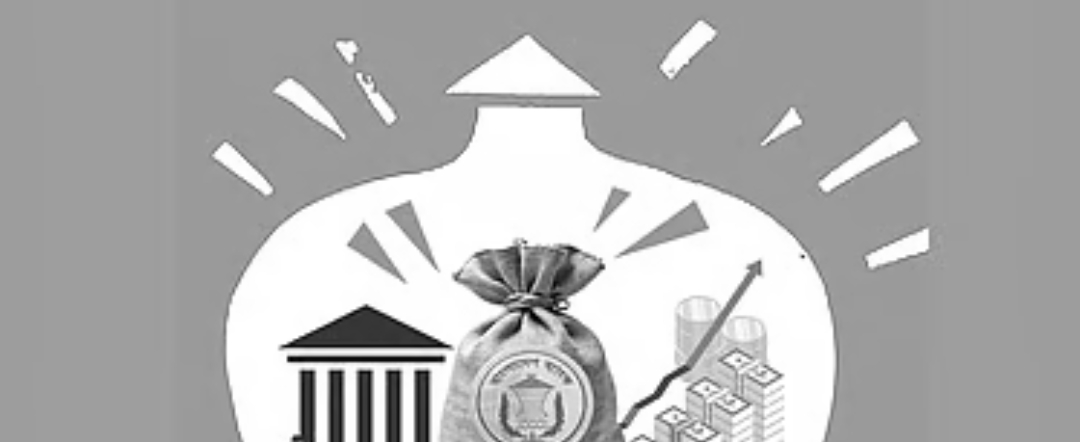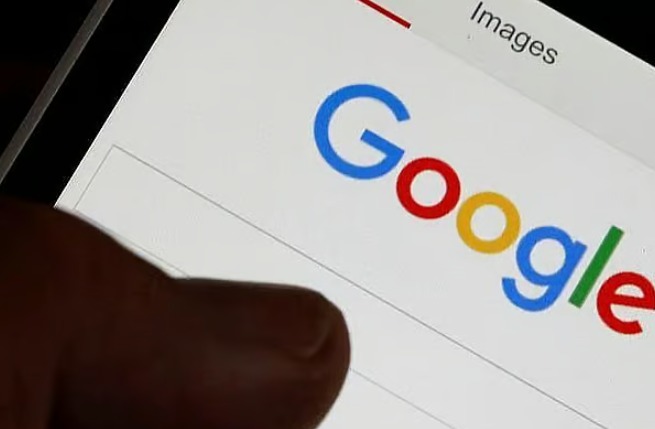Desk Report,
Where is the talk of central bank reform?
Although various initiatives have been taken to reform the banking sector to meet the expectations of state reform after the July popular uprising, no significant steps are being heard from the state to reform the central bank itself. There was no discussion of central bank reform in the reports of the six commissions previously formed on state reform, and the issue was not even included in the agenda of the consensus commission formed under the leadership of Chief Advisor Professor Muhammad Yunus last February.
Where is the talk of central bank reform?
No expectations or promises are known to be voiced in this regard from any social or political sphere. But in a country like Bangladesh, where almost all institutions related to politics and economics are very weak, central bank reform, or ensuring the independence of Bangladesh Bank, is as important as ensuring the independence of the judiciary. Therefore, in addition to taking nationally coordinated reform initiatives in this regard, the sincerity and strong commitment of political parties are needed.
Why is it important to ensure the independence of the central bank
In the modern financial system, the accumulated form of human labor or production is money. The wages of a worker, the production of a farmer, or the salary of an employee are usually converted into money. A paper note is actually worthless. But that note becomes valuable and a universally accepted medium of exchange, or money, only when the state, along with issuing it to the market, guarantees that an equivalent amount of assets are deposited against the note. The paper note then becomes an asset and everyone trusts that asset. In the words of the famous historian and popular author Yuval Noah Harari, money is the most universal and successful mutual trust system invented by humans, which works like religion. Therefore, money operates in the market based on people’s trust.
But since a political party with the support of the people runs the state for a certain period of time (five years) by forming a government and has full power to formulate and implement the budget, the government can issue excess money to the market to meet the budget deficit to meet temporary political objectives. To eliminate this ‘moral hazard’ (moral risk) and maintain people’s confidence in the financial system, the task of printing the money needed by the state and taking care of a large part of the financial system is entrusted to the central bank, outside the control of the government. The job of the central bank is, firstly, to ensure price stability in the country’s economy and, secondly, to play a key role in maintaining the country’s financial stability.




